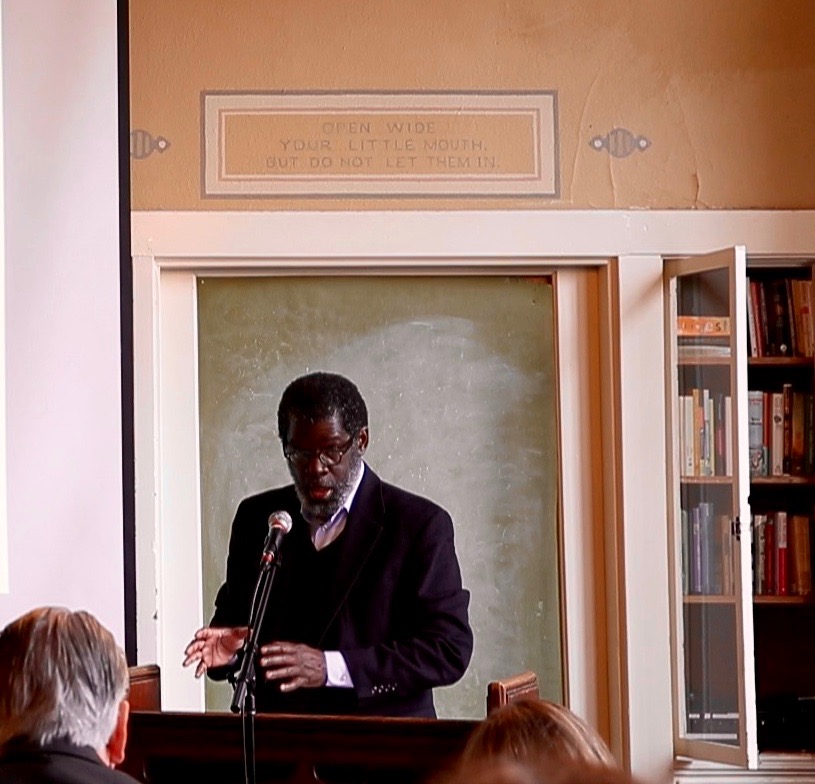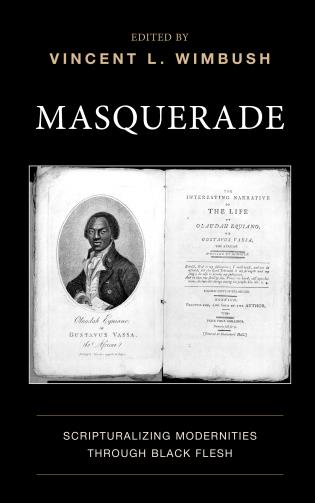
Vincent Wimbush Responds to the Recent NYT article on ISIL’s “Theology of Rape”: It’s Scripturalization, Stupid!
July 9, 2016
An Interview with Anthropologist James Bielo, ISS Founding Board Member
July 9, 2016Katie Van Heest Responds to Vincent Wimbush’s: “It’s Scripturalization, Stupid!”


Yes, I agree that “religion” and “theology” are categories that dull the analysis and turn people off—specialists and the general public alike.
So your offering of “scripturalism” and “scripturalization” (maybe the former a subcategory of the latter) addresses a real problem in cultural engagement, whether it takes the form of journalism, scholarship, policymaking, or even just small talk among engaged citizens.
Inadequate naming is a problem. And that’s what originally moved me to connect the work of the Institute with this New York Times piece: the perverse power of categorization.
After all, ISIL is using not just its own reading of scripture but the Yazidis’ own scriptural practices to categorize this minority as Other and as deserving of degradation and violence. The article doesn’t make exceedingly clear what Yazidi tradition really looks like—apparently, what matters is that ISIL sees Yazidis as polytheistic and casts their orality-centric culture as anathema to its own writing-based ideology.
Certainly, your bold label scriptural-ism is apt in this case.
I’d like to take a stab at a description of scriptural-ization, which I think of as the broader of the two categories you’ve named. Here goes: scripturalization is casting something (say, a book) as authoritative in order to borrow its authority so that the world, or some part of it, can be authored anew.
To me, then, scripturalization is charged but neutral, a deeply human process that can be put to any number of ends. This process is more or less transparent in the instance of scholarly production practices: as we write, we cite other texts, which establish some precedence or authority. We push against those prior texts, we build on them, and we create our own research contributions. The academy may not be a religion, but it scripturalizes.
Scriptural-ism, in this schema I’m sketching, would be scriptural-ization where its constituent maneuvers are made invisible. It’s where the borrowing and leveraging of scriptures (defined as whatever we’re investing authority into) is meant to look exactly like citing—without any innovation or interference on top of the citation.
And, if this theory of mine is tracking, then isn’t scripturalism a power play that paradoxically dodges agency? Isn’t ISIL assigning to itself great authority—the power to convert people into property, even—and at the same time, on some level, grotesquely transferring responsibility “up the chain,” toward the scriptural authority it conjures? This is an arrogation and a disavowal, simultaneously. (Psychoanalysts might call it a splitting, a way to cope with world-rending trauma, or to make it palatable.) The tension between those two moves may be, I’m suggesting, the heart of scripturalism.
I’ve taken your essay in one direction, more abstract than concrete. I’m especially curious to hear how others would apply these terms—scripturalization and scripturalism—in the other direction: to make sense of the world we’re confronted with, day in and day out.



